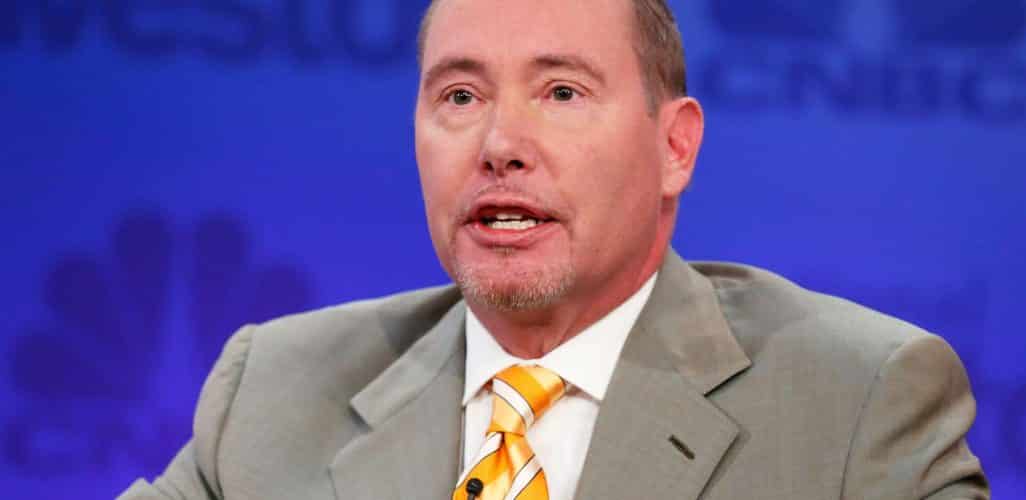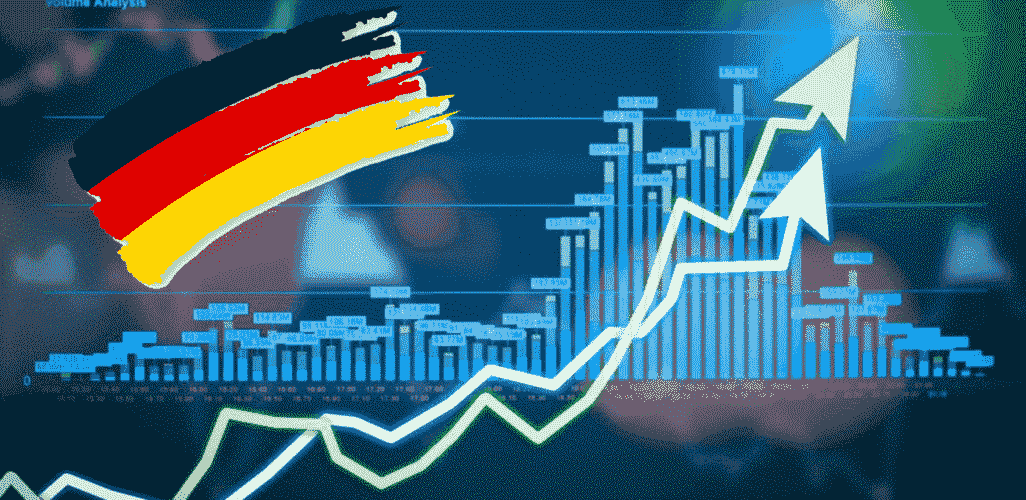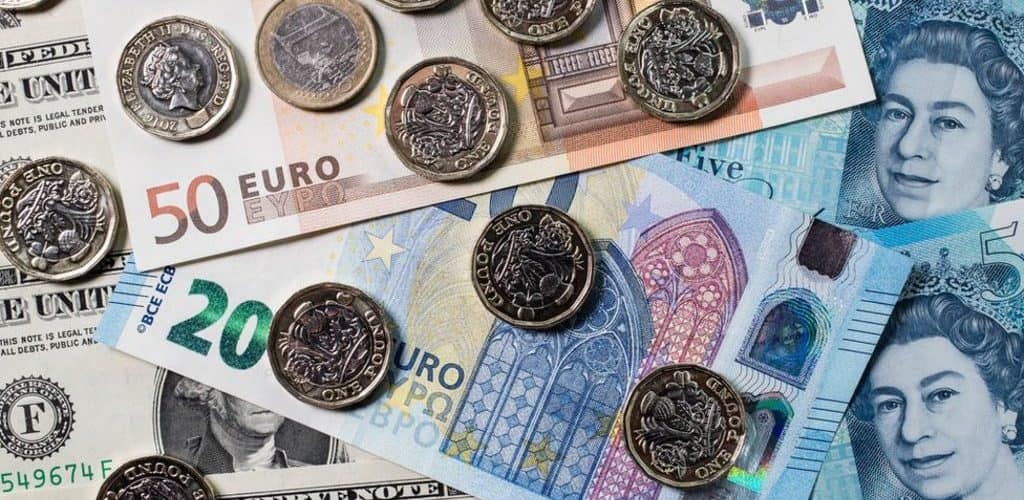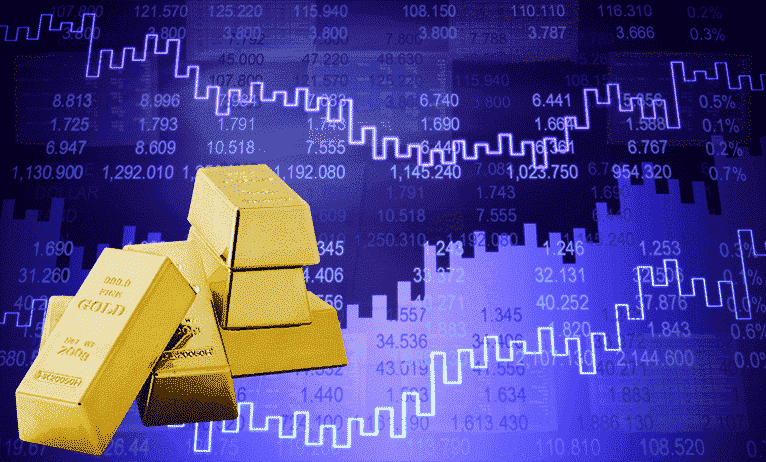According to the past history of the world, dropping consumer sentiment is a clear indication of the way substantial economic slowdown is in the making.
The gap between future expectations and current sentiment has become wider than before according to the Conference Board’s Consumer Confidence Index released on Tuesday. Although confidence in the broader index remains high, it kept falling every month, with the Expectations Index finally tumbling down to 87.3 from 97.7 by December. The expectations have taken a 24 percent plunge since October. At the same time, the Present Situation Index remains at 169.9, only slightly lower from December’s reading.
According to market observers like DoubleLine Capital’s Jeffrey Gundlach also known as Bond King, these wide gaps have caused a sharp decline in economic activity. Gundlach tweeted that the future consumer expectation to current condition is one of the most recessionary signals in recent times.
Since 1967, the difference between the two reading has become this wide only three times according to Bespoke Investment Group. They occurred during early 2001 and attend, which marked the beginning of a recession. When the gap between Expectations and Present Situations is above 50, a recession usually turns up. Currently, the gap is at 82.3 marking the beginning of a recession shortly.
The partial U.S. government shutdown also dented the sentiment. Although the shutdown ended this week, it is one of the longest reported in history.
According to Lynn Franco, a senior director at The Conference Board, a major event with high shock value like government shutdowns tends to have a temporary and sharp impact on consumer confidence. Although Hickey stated that investors would benefit from watching the fragile economy closely as the disparities between the future and present sentiments are one of the last indicators of economic growth is in its later stages.
December witnessed a stock market decline followed by the longest U.S. government shut down in history. Both these two incidents had a negative impact on the consumer sentiment in the following month. Although the wide gap does not necessarily indicate that the U.S. economy is on the edge of recession, it serves as a reminder that the economy is considerably slower than when it was a year ago. Hickey also mentioned that the ability to absorb any more weaknesses has grown thin the past month. Although consumer confidence remains strong, future expectations are dropping as per the latest Conference Board reading.




